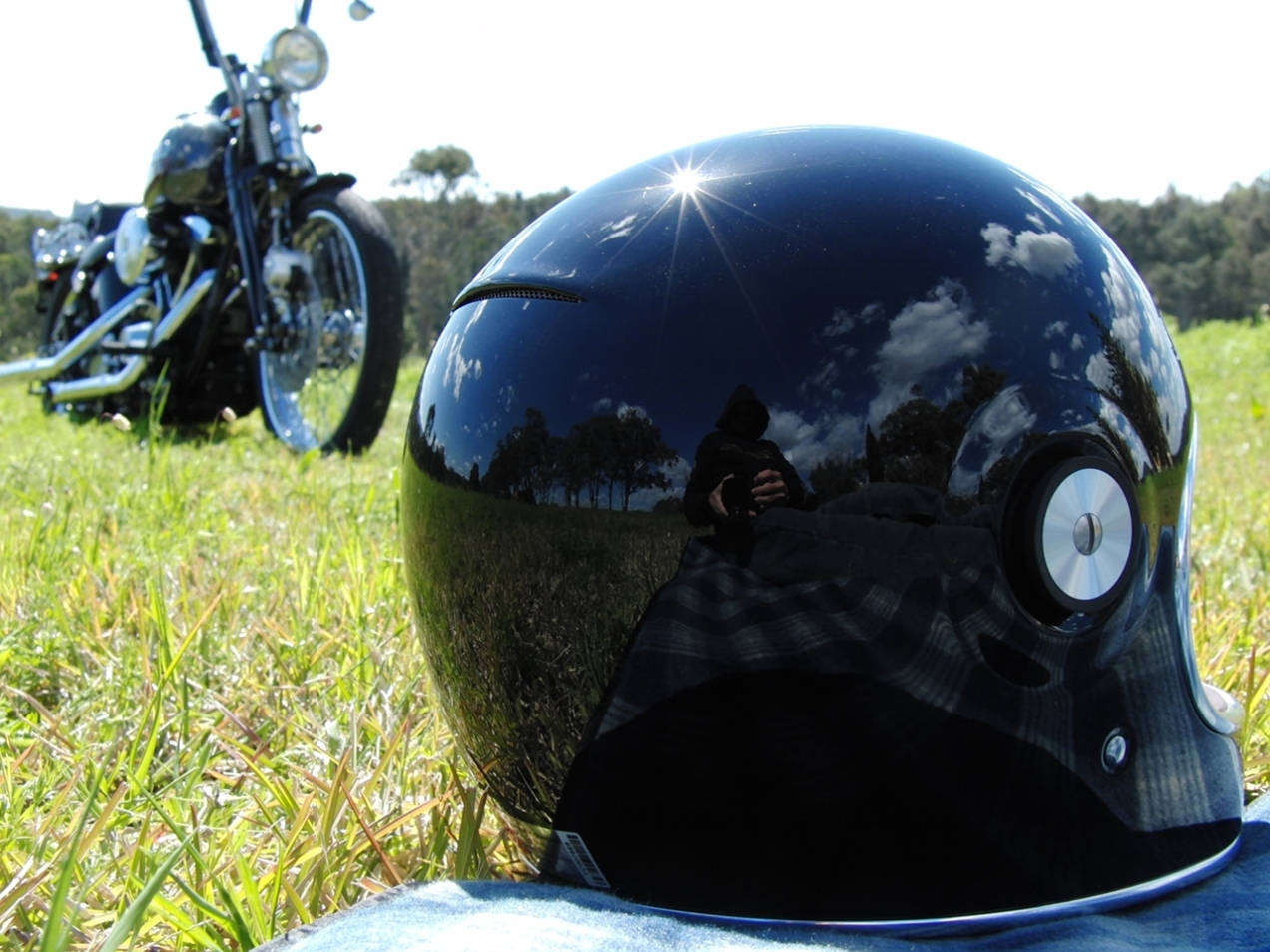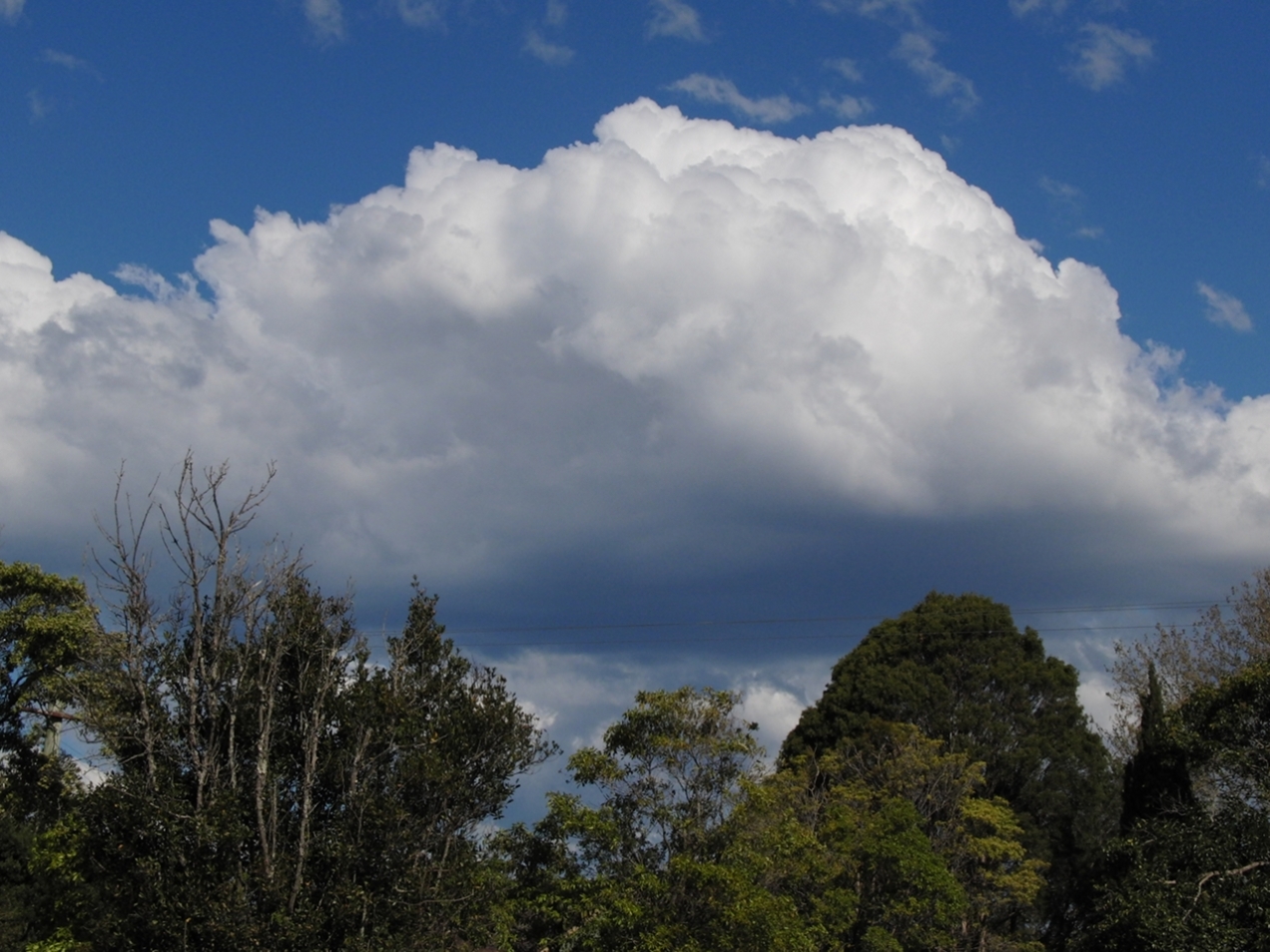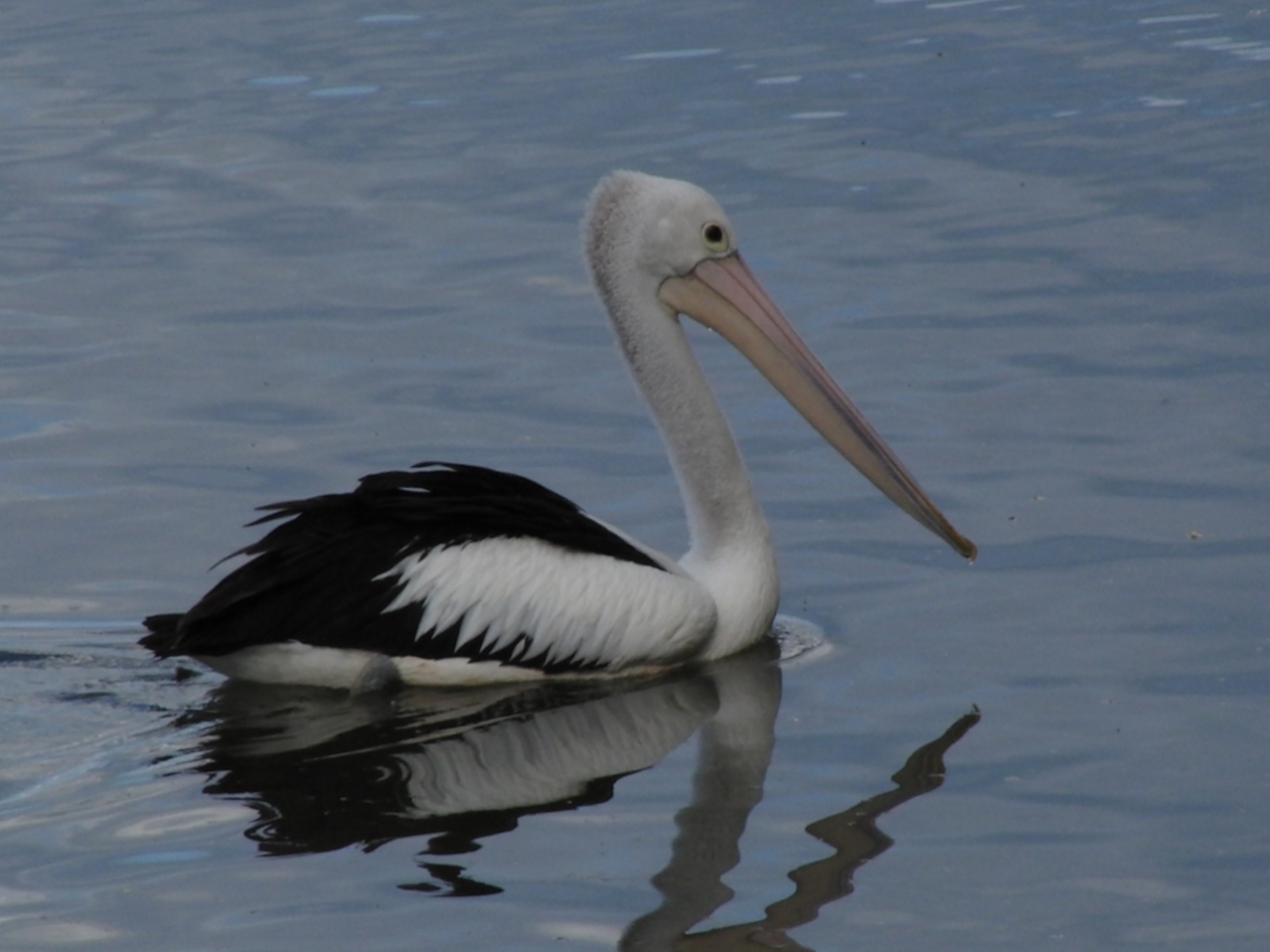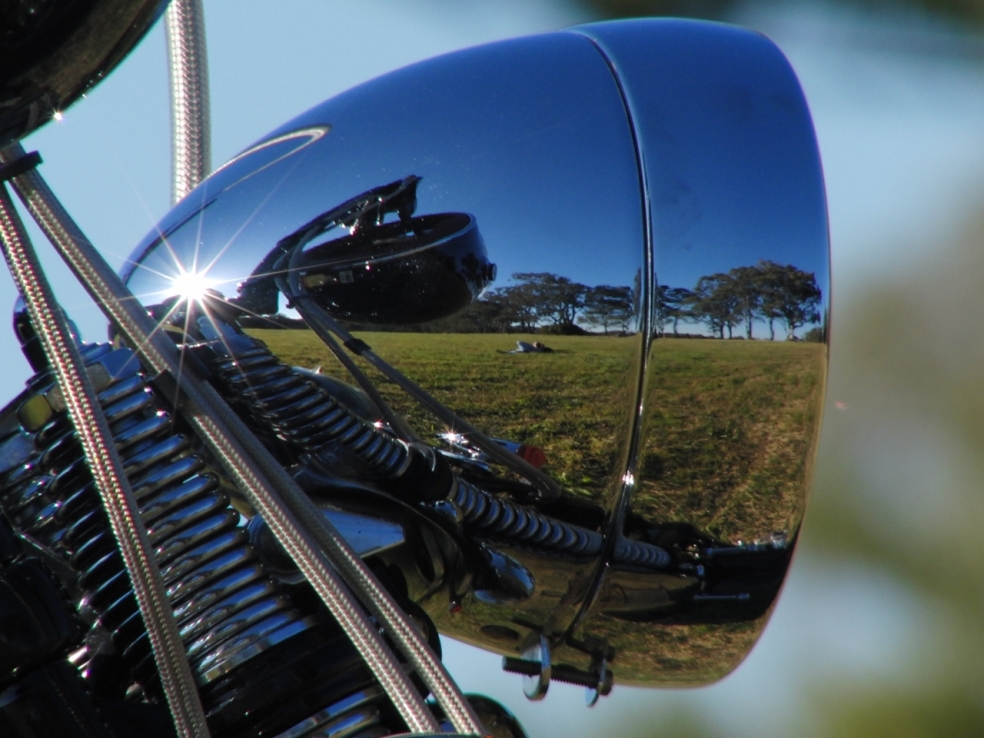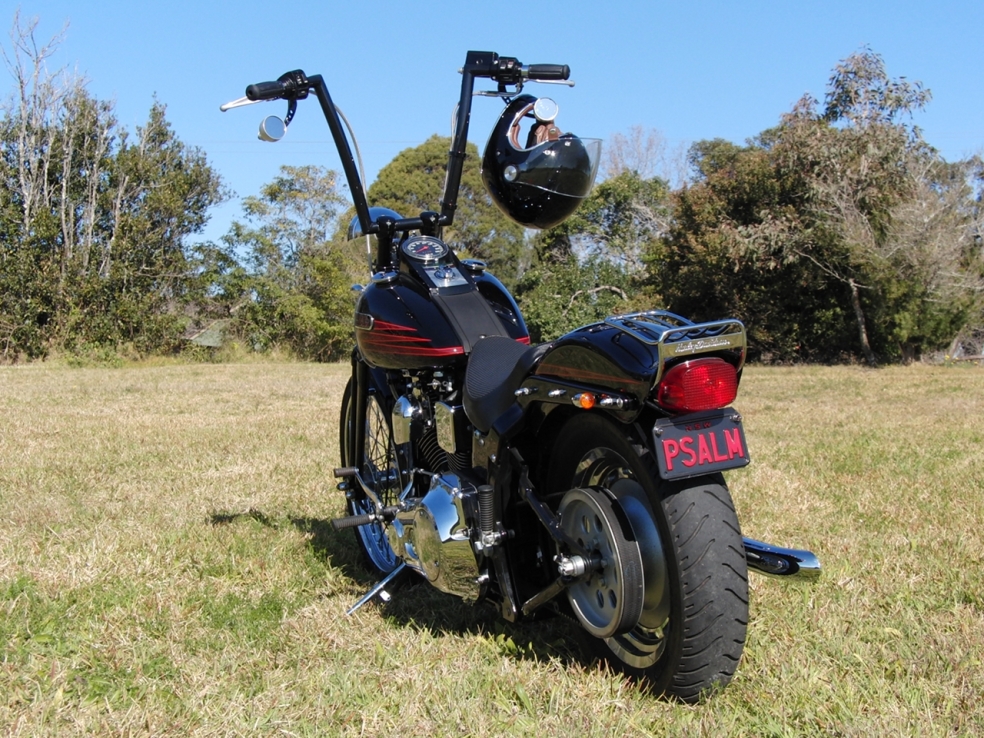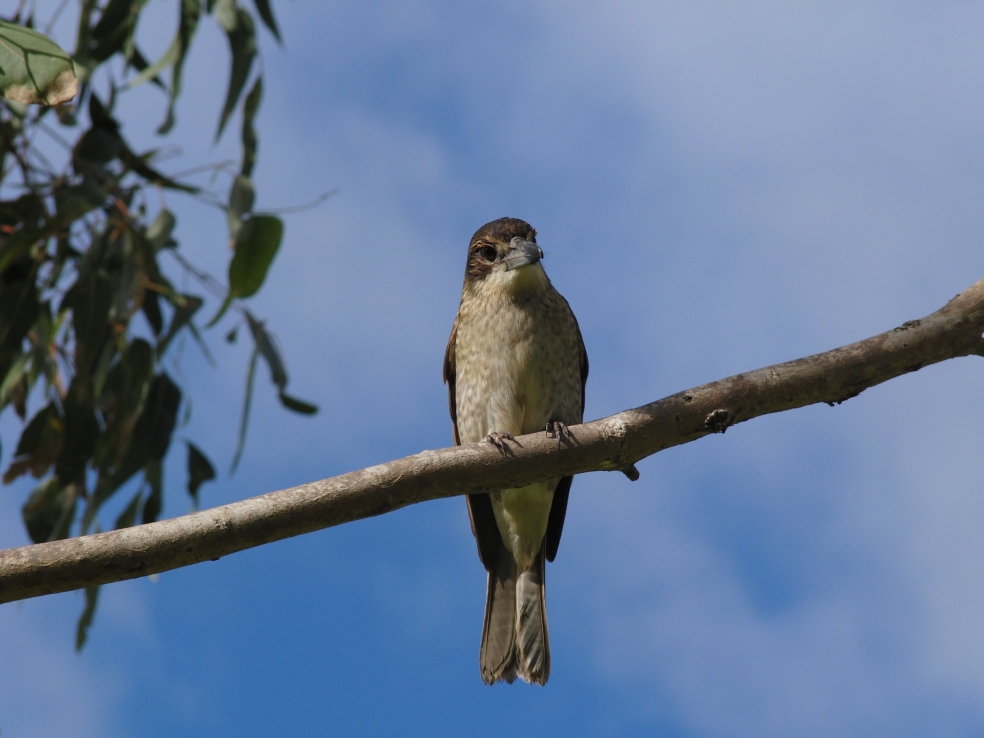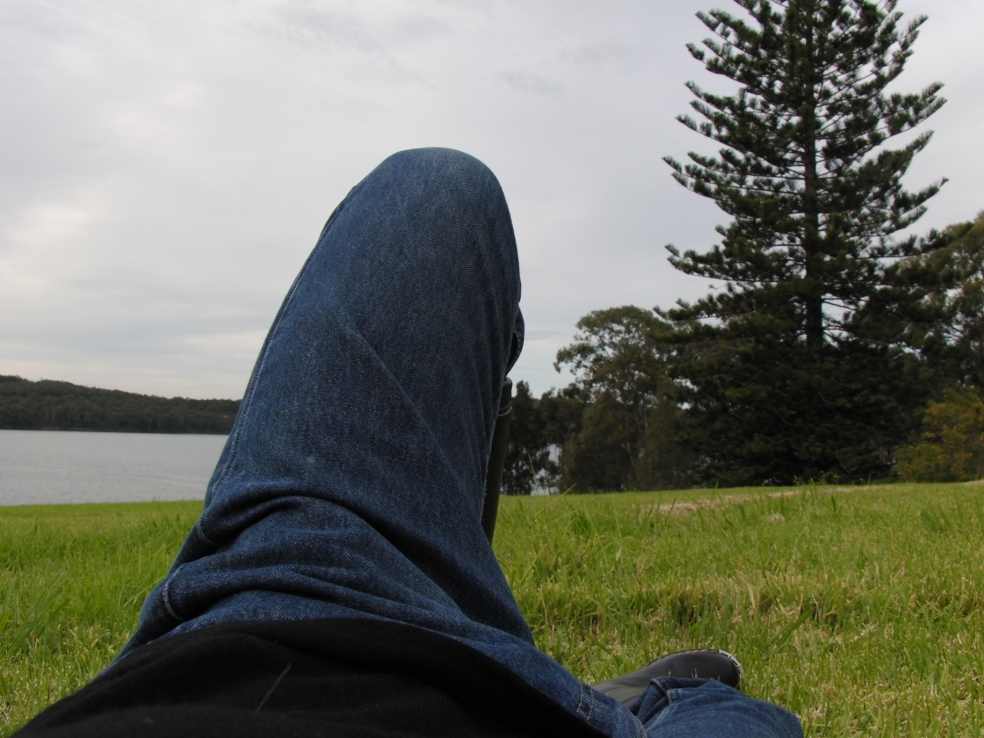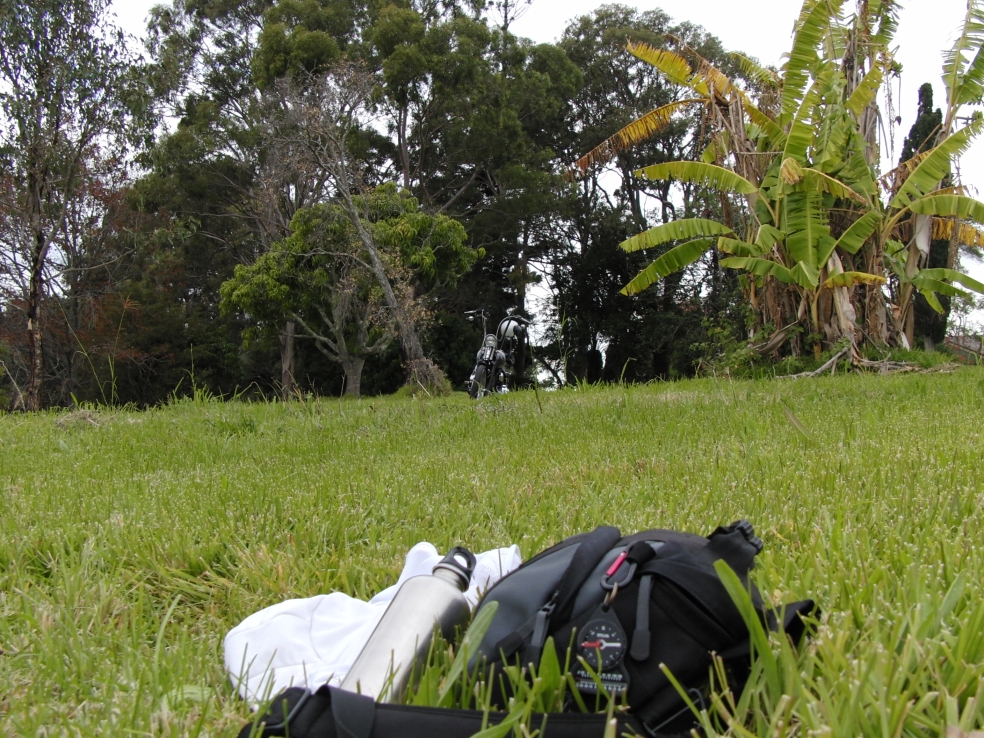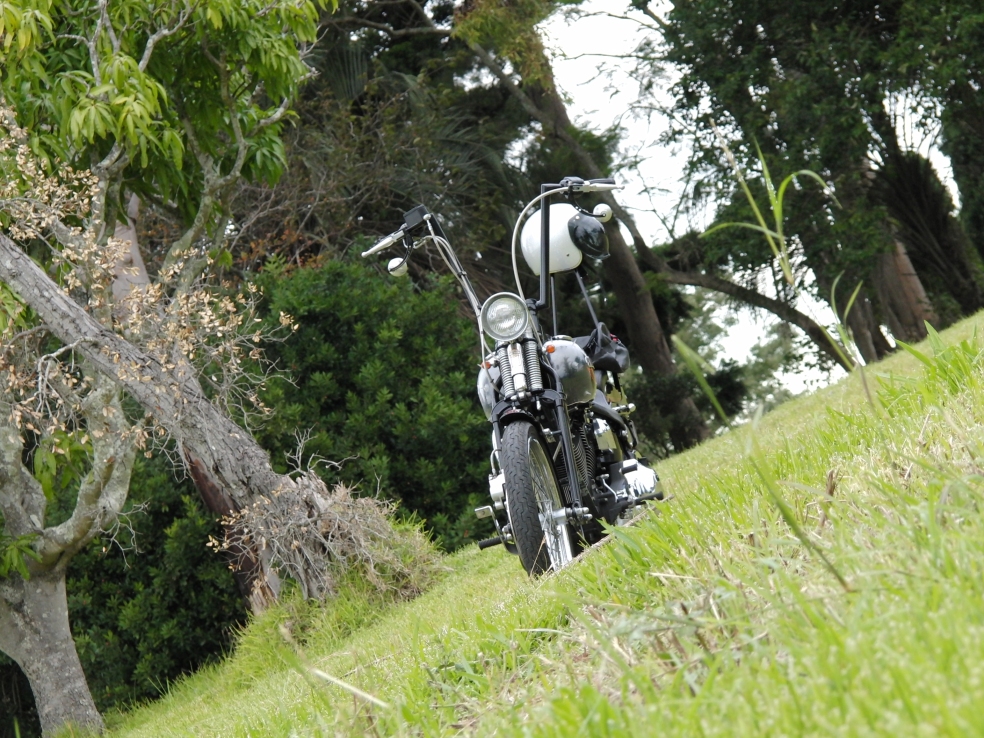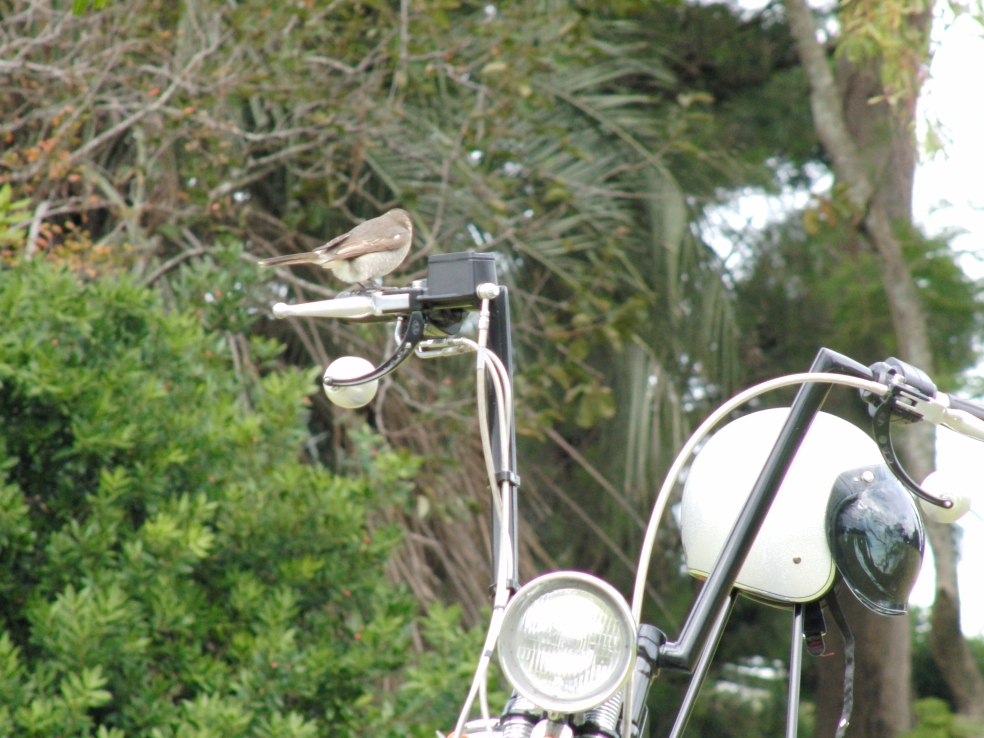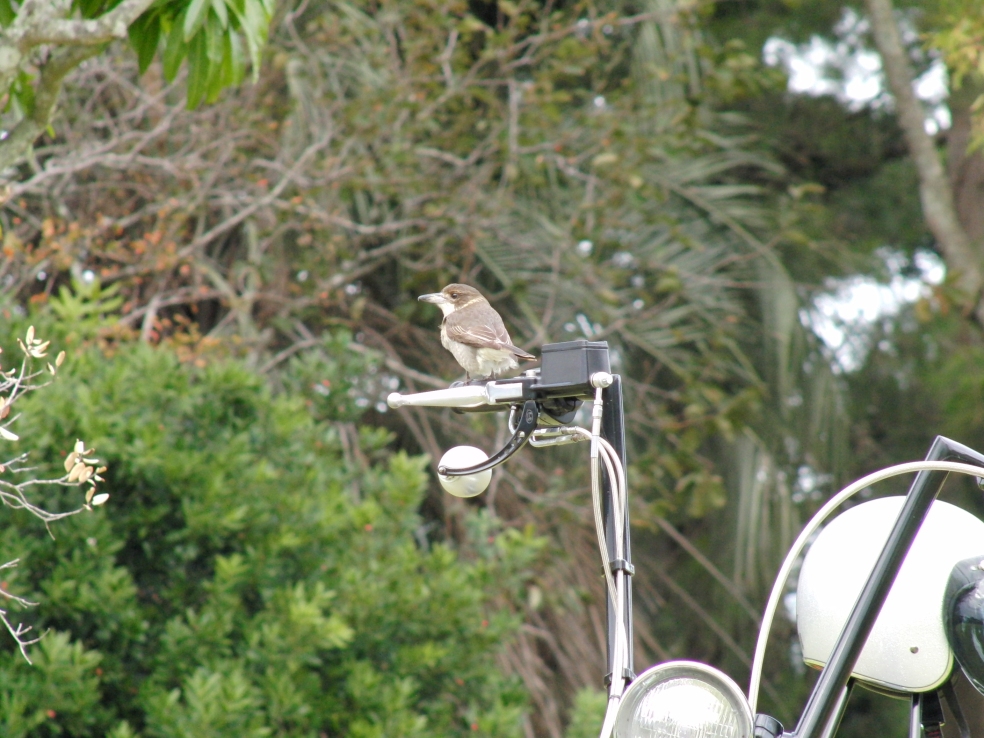Presently, I am reading two tomes. Both new to me. The which, on any particular day, depends on what I feel is most in need.
If balm for the heart, Theologia Germanica.
If manna for the mind, Symbols of Sacred Science.
I have been vividly reminded of a poem that I wrote some four years ago. Its inspiration arose out of care for a friend, who had declared that their choices in life were determined by a single criterion.
To follow the passions.
Thanks to the authors of my present reading, I am humbly coming to see that this, my first attempt at poetry, bespeaks an infinitely greater — profundity — than I had realised originally.
Returning
On edge of home I looked beyond,
And felt the winds of Passion strong,
Spread my wings to heed the call,
I did not know how to fly at all.
Watched mother and father timorously,
Examples to show me how it should be,
I never knew while in their thrall,
They did not know how to fly at all.
When blew no winds of Passion fair,
I spread my wings and beat the air,
Created feelings, passions small,
Still I knew not how to fly at all.
My wings grew strong, desires too,
For things beyond the things I knew,
Pleasures waiting on yonder shore,
But I knew not how to fly at all.
Growing restless to leave home,
Family near, yet on my own,
And though the nest began to pall,
I did not know how to fly at all.
On frantic wings one day, ascent!
A little rise brought confidence,
Self-made feelings of power, control,
Still I knew not how to fly at all.
When Passion said to say goodbye,
To spread my fledgling wings and fly,
I left the nest with rending squall,
Still knowing not how to fly at all.
O what adventure! Look out below!
Here I come on Passion’s flow,
Gliding on high, though ever in fall,
For I knew not how to fly at all.
Soon I discovered what power is mine,
Wings filled with Passion can surely rise,
Yet this power was without control,
I did not know how to fly at all.
Passion and Reason, Conscience and Will,
Balance of forces I needed still,
Impassioned wings can rise and fall,
I did not know how to fly at all.
On force of Will I first took flight,
Beating the air with all my might,
Thought in my wings true Passion hold,
But I knew not how to fly at all.
With youthful vigour, strength of heart,
Flailing wings the beginner’s art,
Flights of fancy, Self-effort called,
I did not know how to fly at all.
Rising boldly, fading fast,
Self-Willed passions do not last,
And so my wings would finally stall,
I did not know how to fly at all.
Exhausted, grounded, my limits shown,
Yearning for place of rest called ‘Home’,
Strength of Will now broken, for
I did not know how to fly at all.
Selfish Will a mysterious thing,
Though humbled briefly, up it springs,
Trapped in this cycle of rise then fall,
I did not know how to fly at all.
Eventually I, too tired to fight,
Eyes freed from Self, received insight,
Of Passion to replace my toil,
When I had no strength to fly at all.
I saw again the wind that blows,
From source not me, but heaven knows,
My childhood days that wind recalled,
When I knew not how to fly at all.
And so I learned an easier way,
To wait and watch for trees to sway,
Then glide away on Passion’s call,
Still I knew not how to fly at all.
Force of Passion, not of mine,
No need of beating wings to fly,
Force of Will not needed more,
Still I knew not how to fly at all.
For winds to their direction be,
So how could I be truly free?
Power of Passion, without control,
I did not know how to fly at all.
Swept along by Passion one day,
I Willed to go a different way,
Turned by force of Reason sure,
Still I knew not how to fly at all.
Reason comes after Passion you see,
As eagle’s tail rests in the lee,
As rudder steers from aft the fore,
But I did not know how to fly at all.
O what joy! How I adored,
This power to go with Passion, or
To go where Reason should implore,
Still I knew not how to fly at all.
Force of Reason, for good or ill,
Wings filled with Passion, turned at Will,
Feelings of power and control,
I did not know that I have none at all.
Though at last some balance found,
Passion held to Reason’s sound,
Choice of direction at Will’s call,
Still I knew not how to fly at all.
For winds blow flush, not up and down,
So how to rise up from the ground?
How to transcend these Passions’ thrall?
I did not know how to fly at all.
So I studied the way of flight,
By force of Reason’s pilot light,
These unseen forces I explored,
When I knew not how to fly at all.
Wind over wing, it faster flows,
And there it forms a pressure Low,
While under wing a pressure High,
That lifts my wing into the sky.
So when I turned with wings inclined,
To face the winds of Passion, I
Brought Passion under, Self controlled,
Still I knew not how to fly at all.
The more my wings to heaven inclined,
The more I rose into the sky,
Until a point at which I stalled,
I did not know how to fly at all.
For Passion only goes so high,
Like wall of wind in bluest sky,
At unseen height there is no more,
So I could no longer rise at all.
And now what’s more I knew again,
With rising height, my oldest friend,
Selfish Will so natural,
I did not know how to fly at all.
With rising up a higher view,
A looking down on others who,
Shrank from my sight as Pride grew tall,
I did not know how to fly at all.
Passion sees no consequence,
Is prone to overconfidence,
Caught up in Pride of Passion’s thrall,
I did not know how to fly at all.
In time I learned sunrise to noon,
Tells of Passions warm, but soon,
Cooler winds as evening falls,
Still I knew not how to fly at all.
In summer Passion’s winds run hot,
And winter’s chill is soon forgot,
Then seasons change, warm feelings cold,
And I knew not how to fly at all.
For Passion’s heat will always fade,
Chill to the bone, and feelings jade,
Cold, exhausted, insecure,
I did not know how to fly at all.
Longed for warmth, looked for a mate,
Thinking to share a happy Fate,
Bonds of Passion I explored,
And found they do not fly at all.
For how can two together fly,
When in the spell of lovers’ guise,
Unbalanced forces are ignored,
And neither half can fly at all.
Two Selfish Passions bound will rise,
Until the weaker falls behind,
Or stronger leaves for different score,
And broken wings don’t fly at all.
That’s why they say we fall in love,
It’s not Love True they’re speaking of,
But Passions bound in Selfish thrall,
They do not know how to fly at all.
This is how for years I roamed,
Adrift on Passions, far from home,
False comfort said, “I’m in control”,
But I did not know how to fly at all.
Then I began to wonder why,
Mighty eagles soar so high,
While others near to earth endure,
I did not know how to fly at all.
And so I watched the eagles’ flight,
Turning ever inward, out of sight,
Serene departing earthly ball,
I did not know how they fly at all.
If winds do not blow up and down,
Then what lifts eagles from the ground?
What force or power rising tall?
I did not know how they fly at all.
Thermals rising I could not see,
Unlike the wind seen in the trees,
Force of Conscience my chief sensor,
God’s altimeter set inside us all.
Warm currents rise, cold currents fall,
Love to God in warmth enfolds,
Love to Self is comfort cold,
And can not really fly at all.
When Passion bound I Willed to be,
Love towards Heaven I could not see,
Only Conscience free from Selfish pall,
Can sense each moment’s rise or fall.
I began to practice turning in,
But there I found the weight of sin,
Heavy Conscience I’d ignored,
The reason I could not fly at all.
For every Selfish act it lays,
On Conscience a little debt to pay,
Passion blind to how it grows,
And weighs us down to earth below.
This, the heaviest weight to bear,
More of Self doomed to despair,
To be set free this chain and ball,
Less of Self comes first of all.
But where the power to set free,
When love of Self comes naturally?
Till death of Self, and God adored,
I did not know how to fly at all.
A humbled Self was necessary,
Before I could be truly free,
We’re flying on power of Self so-called,
If ever we should feel tired at all.
Humility needed, Patience too,
To rise up with wings as eagles do,
Strength renewed by power of Love,
In waiting on the Lord above.
The words of God, Isaiah’s creed,
“In returning and rest you shall be freed”,
Turn toward heaven, resting on Love,
Source of Strength to rise above.
“Movement with rest”, the Master intoned,
To doubting Thomas and he alone,
“The Sign of the Father in your soul”,
Showing The Way to fly to all.
Pillar of cloud, day guide will be,
Pillar of fire, by night to see,
Spiralling up to the heavens tall,
Showing the Path of flight to all.
Turning left or turning right,
Matters not for upward flight,
Carried to heaven, looking to the All,
Only turning from Self will fly at all.
Serpent coiled around a tree,
Ancient symbol of healing be,
Of Resurrection, this foretold,
The only Way to fly at all.
DNA, twin helix of life,
Jacob’s Ladder, from earth to Light.
Turning, returning, spiralling tall,
A stairway to heaven inside us all.
Spiralling up to Heaven’s Gate,
This my Passion, Will, and Fate,
Death of Self, only God adored,
Now I Know how to fly with All.
© The Blissful Ignoramus – 2010

